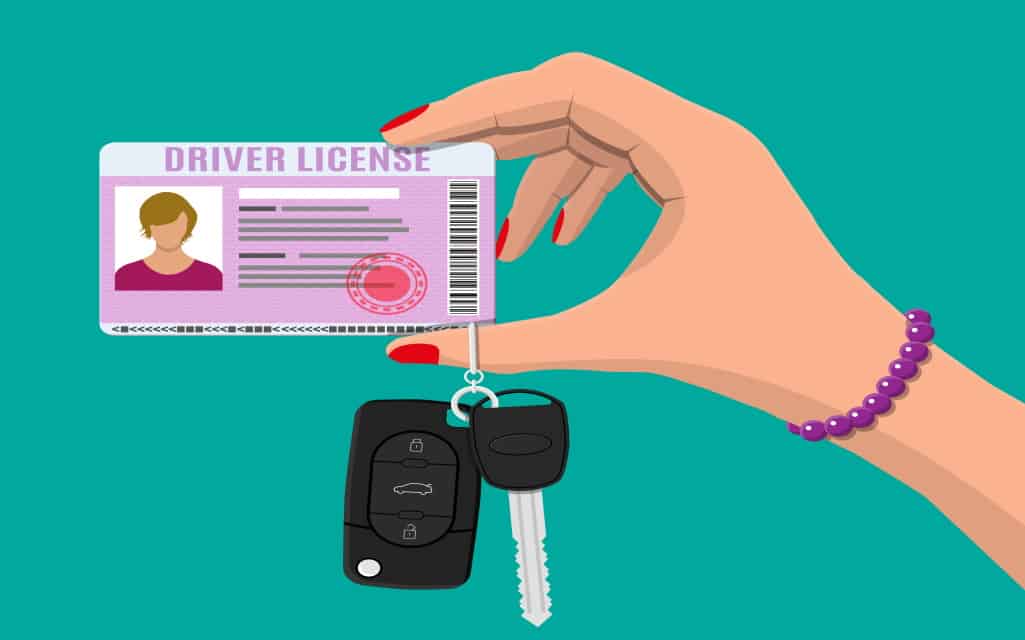The majority of folks depend on their cars for transportation. Therefore, a suspended license can be a severe inconvenience. For many motorists, not having a driver’s license might mean not having the ability to transport children to and from school, flunking out of a university, or losing a job.
However, do not sign up for a bus pass just yet. You may qualify for a “hardship” license. A hardship license permits a driver to travel to and from specific places when on a suspended license.
What is a Hardship License?
A hardship license does not restore all driver’s privileges. Hardship licenses are available with conditions specifying where and/or when a motorist may drive, learn more about it.
A suspended license lawyer will tell you that state laws vary. Yet, in general, a hardship license is for only travelling to and from places such as medical appointments, alcohol or drug treatment centres, school, or work. Many states also permit parents who have hardship licenses to transport kids to and from school and additional necessary appointments.
How a Suspended License Lawyer Can Help You Get a Hardship License
The procedure for obtaining a hardship license varies by state. Before talking to a suspended license lawyer, just know that the process of applying is typically through the DMV. However, the issuance of a hardship license is not always automatic: It usually is up to the motorist to show eligibility and that not having a driver’s license could be a significant hardship. It may involve having a valid reason—like a medical necessity, school, or work—and convincing the DMV that public transport is not a viable solution.
It also is common for states to charge a hardship license fee. For suspensions associated with driving while under the influence, the driver may need to install an IID (ignition interlock device) in their car before getting such a license.
Who does qualify for a Hardship License?
A suspended license lawyer will let you know that each state is different. However, generally, a motorist’s eligibility for a hardship license depends upon the reason for the suspension, the driver’s driving record, and the motorist’s license type. For instance, some states prohibit hardship licenses for motorists who had their driver’s license suspended for severe driving offences such as reckless driving, hit-and-run, and vehicular homicide. Other states allow a hardship license for a first yet not a subsequent suspension. Usually, a hardship license will not restore commercial driver’s privileges.
“HARD SUSPENSIONS”
A suspended license lawyer will tell you that in some circumstances, a motorist is only qualified for such a license after the completion of a “hard-suspension” period. Within the hard-suspension period—usually 30 days—the individual cannot drive whatsoever. Hard-suspension periods are typical for DUI-associated revocations and suspensions.
Consult a Lawyer
The laws differ by state. For assistance in navigating the laws in your state, get in touch with a knowledgeable lawyer in your area. An eligible attorney will explain if you are qualified for a hardship license and how you can apply for one.



